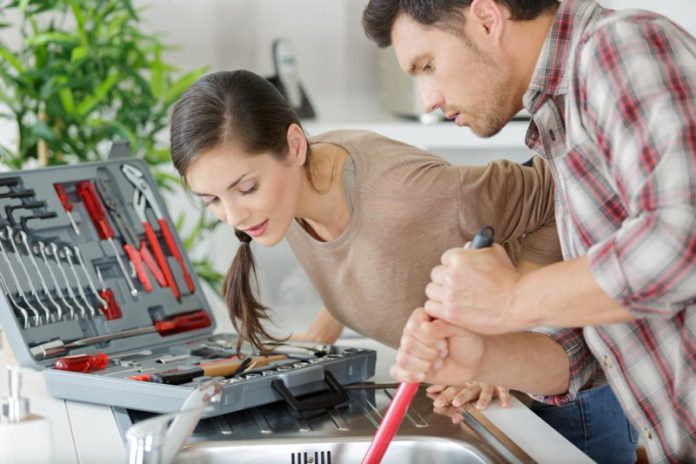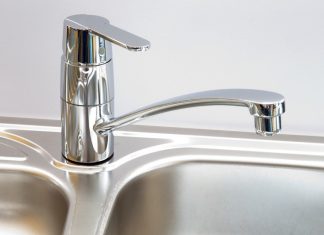Blocked drains are an inconvenience that most homeowners experience at some point. The problem can be frustrating and potentially lead to property damage if not addressed quickly. In this article, we will explore the common causes of blocked drains and provide a few tips on how to prevent them.
Causes of Blocked Drains
The most common causes of drain blockages include cooking oils, food scraps, mineral buildup, soap scum, hair, cat litter, toiletries, and foreign objects. In this section, we will explore each of these causes in more detail and offer some advice on how to prevent these sorts of blockages.
Cooking Oils
The most common cause of blocked drains is cooking oils and fats. When poured down the drain, they solidify and cause blockages. It’s crucial to dispose of cooking oils in the trash rather than pouring them down the drain. To prevent the grease from going down the drain, you can use a grease trap to collect the oil.
Food Scraps
Another significant cause of blocked drains is food scraps that are not disposed of properly. Large food scraps can get stuck in the pipes and lead to blockages. To avoid this, scrape excess food into the trash and use a drain strainer to catch any remaining small pieces of food.
Mineral Build-Up
Mineral buildup is a common cause of blocked drains. Hard water can cause the buildup of minerals such as calcium and magnesium in your pipes, which can lead to blockages. One way to prevent this is to install a water softener. Soft water can help to reduce the formation of mineral buildup in your pipes, preventing blockages.
Soap
Soap scum buildup in your pipes can also lead to blockages. Switching to liquid soap can reduce the amount of soap scum in your drains, as bar soaps have additives that make it more difficult to dissolve in water. Flushing hot water down your drain periodically can also help dissolve any soap scum that’s built up.
Hair
Hair is another common cause of blocked drains, especially in the bathroom. Hair can quickly accumulate in your pipes, leading to blockages. A drain strainer can help to catch hair and prevent it from going down the drain. Cleaning the drain strainer regularly is also essential in preventing blockages.
Cat Litter
You should avoid flushing cat litter down your toilet, as this can cause severe blockages in your pipes. Cat litter tends to clump when it gets wet, which can cause your pipes to clog and get blocked up. When in doubt, it’s always best to put used cat litter in the garbage where it can’t do any harm.
Toiletries
Toiletries such as sanitary products and wet wipes are not designed to break down easily and flushing them down the toilet can cause blockages in your pipes. It’s essential to dispose of these items in the trash, rather than the toilet.
Foreign Objects
Random things such as children’s toys and dental floss can also cause blockages in your pipes. Therefore, it’s crucial to keep these foreign objects away from your drains, particularly if you have young children in the house. You can always dispose of these items in the trash to prevent blockages.
Natural Debris
Outdoor drains can also become blocked by debris such as leaves, twigs, and dirt. Regular cleaning of your outdoor drains is essential in preventing blockages. You can use a leaf blower or rake to remove debris and keep your outdoor drains clear. This can help prevent blockages from building up in the first place.
Conclusion
Blocked drains are a common problem that can easily be prevented. By being mindful of what goes down your drains and taking the necessary steps to prevent blockages, you can avoid the hassle of costly repairs. However, some blockages will require a licenced plumber to clear. So, if none of the tips discussed in this article work for you, then don’t hesitate to ask for some professional help.















